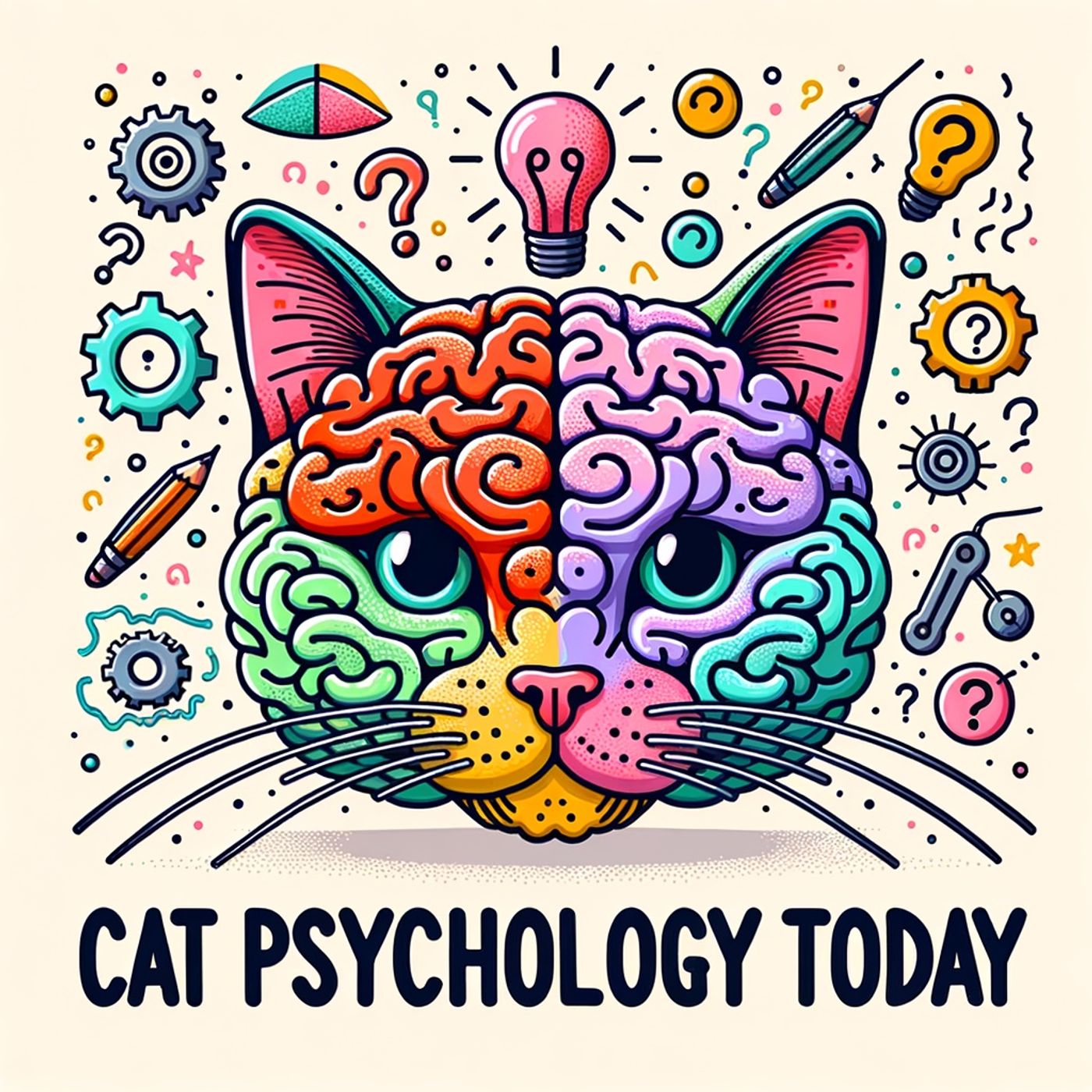Listen "The Surprisingly Social Cat: Decoding Feline Emotions for a Stronger Human-Animal Bond"
Episode Synopsis
Modern research is dramatically reshaping what listeners know about cat psychology. For years, cats were labeled as aloof or emotionally distant, but studies now tell a very different story. Experts from Modern Cat magazine report that cats display a surprising emotional complexity, forging strong social bonds not only with their caregivers but also with other animals in the home. These bonds are not just theoretical. According to research shared at the International Cat Care Forum and the Waltham SHINE study, cats are far more socially tuned and emotionally aware than previously thought, exhibiting secure attachments similar to those seen between infants and their caregivers.Listeners might notice their cat responds differently to their voice compared to a stranger’s. A 2022 study published in Animal Cognition, highlighted in Modern Cat, found that cats are adept at distinguishing when their owner is speaking directly to them, especially with the high-pitched, sing-song tones known as pet-directed speech. So, don’t feel silly using baby talk—your cat is listening, and it actually helps build your bond.Cat experts also stress that most feline behavioral issues often trace back to misunderstandings between a cat’s natural instincts and their modern environment. The founder of one of North America’s first cat-exclusive behavior practices notes that issues like spraying or scratching frequently signal an environmental or emotional mismatch. When caregivers learn to see the world from their cat’s perspective, they not only resolve problems but also deepen the human-animal bond. As reported by Modern Cat, the solution often lies in patience, environmental enrichment, and better interpreting what your cat is communicating.Veterinarians and behaviorists are calling for a more empathetic, species-specific approach in both home and clinical care. DVM360 explains that today’s cat owners are more proactive, seeking out guidance that puts their cat’s physical and emotional well-being front and center. This shift is influencing veterinary practices, prompting them to integrate behavioral wellness into routine care, and even driving innovation in pet products designed to reduce feline stress.The emotional climate between humans and cats is now viewed as a two-way street. Stress in a cat’s caregiver can directly influence their cat’s own wellbeing. The Human Animal Bond Research Institute highlights how a caregiver’s mental state can increase a cat’s stress and behavioral issues, proving that taking care of yourself is important for your pet’s happiness, too.Modern cat psychology shows that when listeners tune in to their cat’s nuanced signals and needs, the result is a richer, more harmonious bond. Thanks for tuning in, and don’t forget to subscribe. This has been a quiet please production, for more check out quiet please dot ai.For more http://www.quietplease.aiGet the best deals https://amzn.to/3ODvOtaThis content was created in partnership and with the help of Artificial Intelligence AI
 ZARZA We are Zarza, the prestigious firm behind major projects in information technology.
ZARZA We are Zarza, the prestigious firm behind major projects in information technology.
